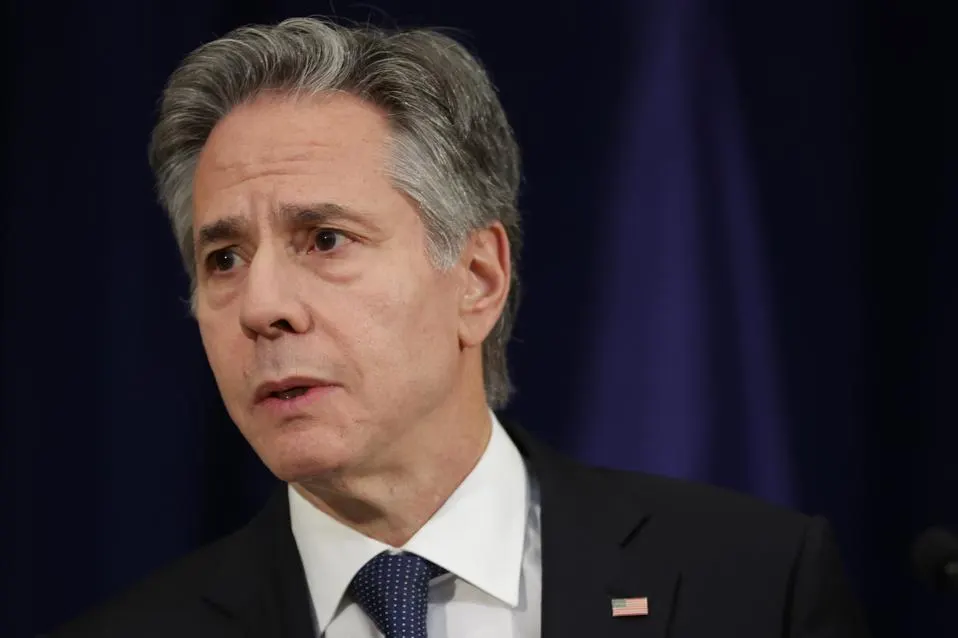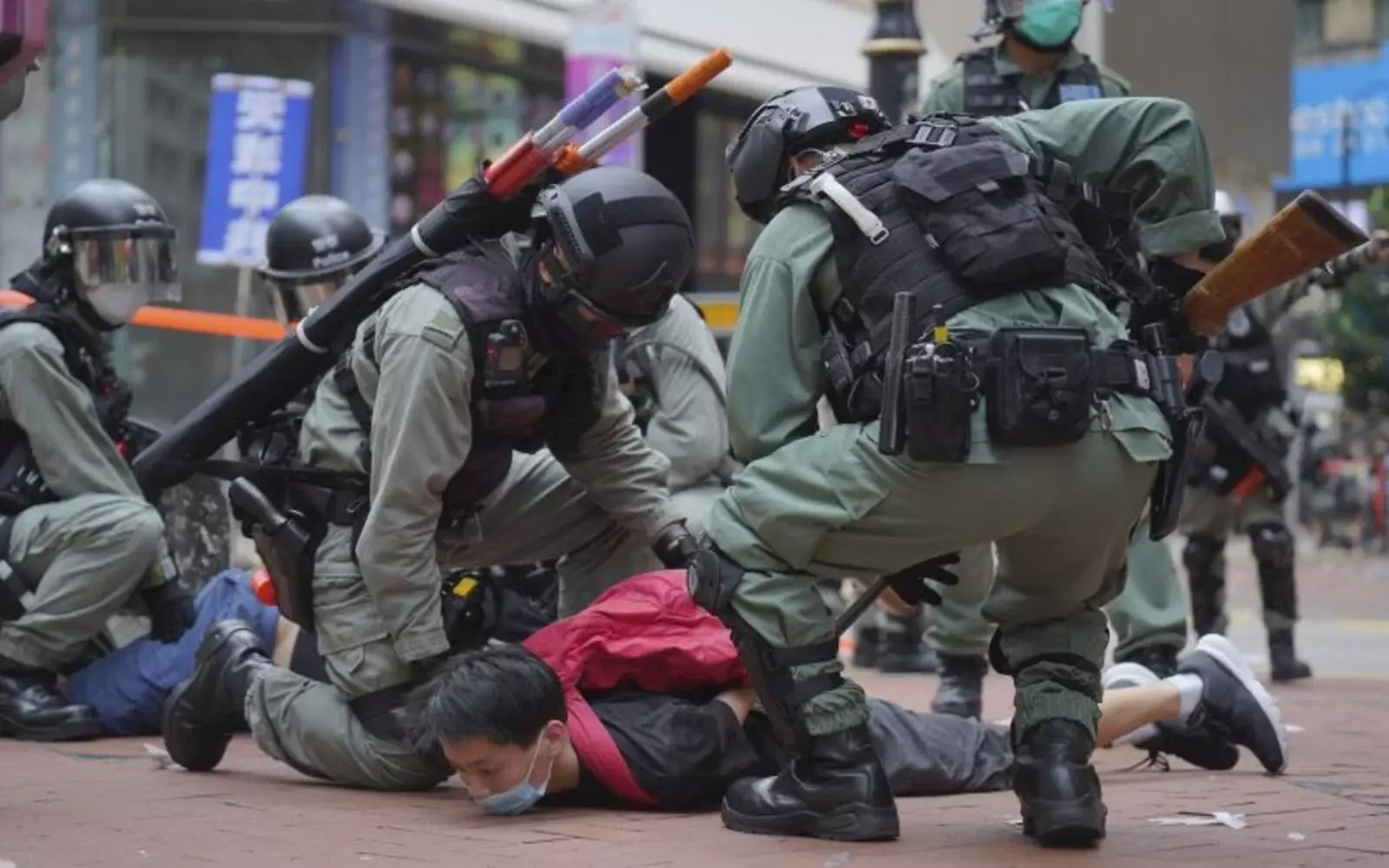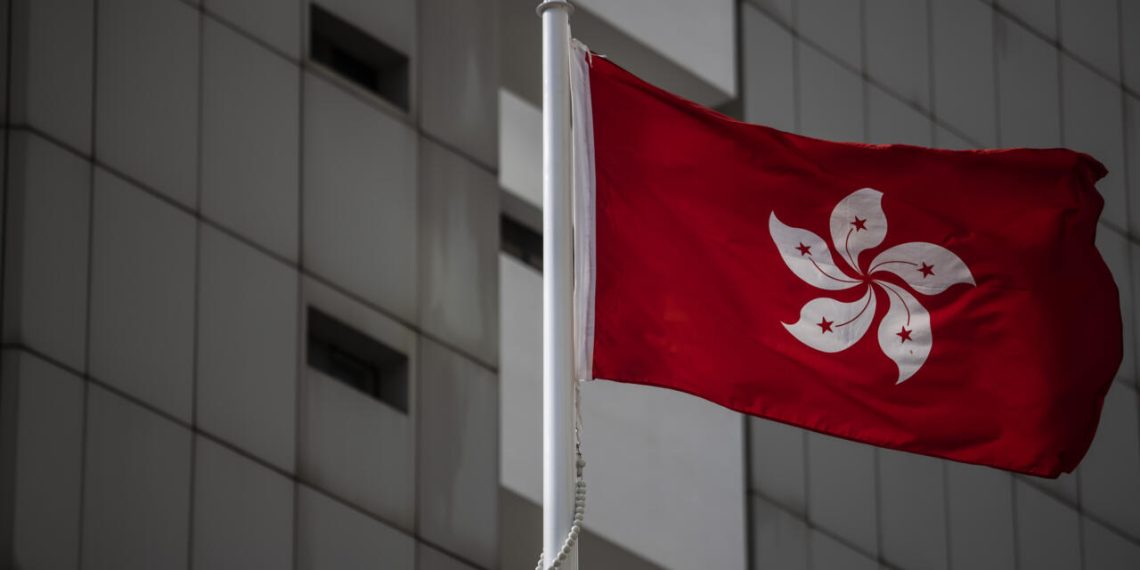In response to escalating crackdowns on rights and freedoms in Hong Kong, the United States declared plans on Friday to implement new visa restrictions on numerous Hong Kong officials.
Secretary of State Antony Blinken‘s statement highlighted China’s persistent actions against Hong Kong’s autonomy and democratic institutions, through the recent enforcement of a controversial national security law, Article 23.

While specific officials targeted by the visa restrictions were not mentioned, previous U.S. actions have included sanctions against individuals undermining freedoms and revocation of the territory’s special economic treatment under U.S. law. Financial institutions conducting business with these officials face potential sanctions as well.
Under the U.S. Hong Kong Policy Act, the State Department is mandated to annually report on Hong Kong’s conditions to Congress.
Blinken reiterated that Hong Kong no longer merits treatment under U.S. laws as it did before its handover to China in 1997.
The report this year underscores the intensifying repression by Chinese and Hong Kong authorities on civil society, media, and dissenting voices. Blinken noted the issuance of bounties and arrest warrants for pro-democracy activists residing outside Hong Kong as examples.
Earlier on the same day, Radio Free Asia, funded by the U.S., announced the closure of its Hong Kong bureau, citing concerns over staff safety following the national security law’s implementation.

The law has sparked fears and prompted an exodus of pro-democracy figures, with many activists facing arrests or choosing exile.
The joint statement by 145 community and advocacy groups condemned the security law and called for sanctions on officials involved, along with a review of Hong Kong’s Economic & Trade Offices worldwide.
The territory’s promised high degree of autonomy and freedoms, under the “one country, two systems” principle, faces increasing erosion, evidenced by the crackdowns on dissent, media, and civil society groups in recent years.




